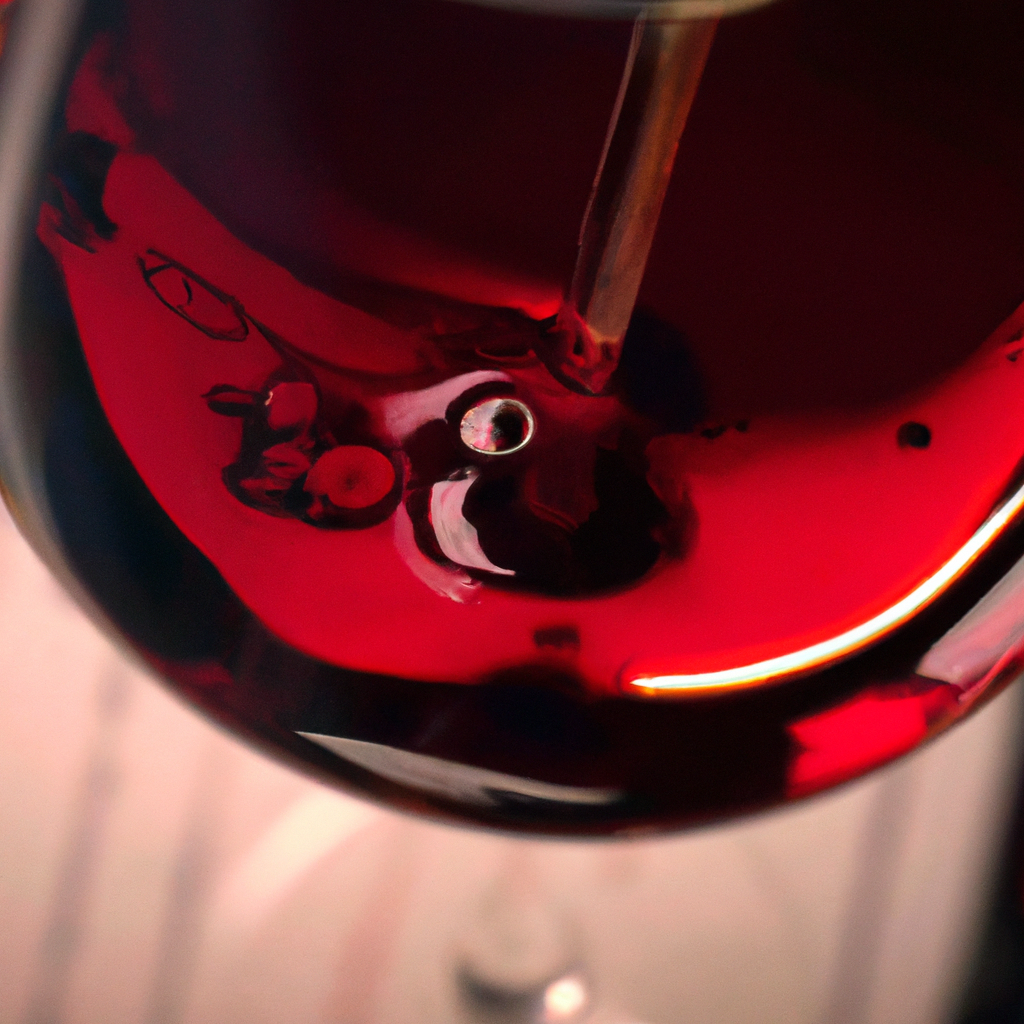
-
Article Summary
- Are Reductive Notes in Wine Always Considered a Flaw?
- Key Takeaways
- Introduction: Unraveling the Complexity of Reductive Notes
- Understanding Reductive Notes
- The Balance Between Reductive and Oxidative Notes
- Consumer Preference: A Key Factor
- FAQ Section
- What are reductive notes in wine?
- Are reductive notes in wine always considered a flaw?
- What is the difference between reductive and oxidative notes?
- How do winemakers control the presence of reductive notes?
- Do all wines have reductive notes?
- Conclusion: The Art of Balance in Wine
- Revisiting the Key Takeaways
Are Reductive Notes in Wine Always Considered a Flaw?

[youtubomatic_search]
Key Takeaways
- Reductive notes in wine are not always considered a flaw; they can add complexity and depth to a wine’s profile.
- Excessive reductive notes can lead to unpleasant aromas and flavors, which are considered flaws.
- Winemakers often use reductive winemaking techniques to preserve the fruit’s freshness and protect the wine from oxidation.
- Understanding the balance between reductive and oxidative notes is crucial in appreciating a wine’s character.
- Consumer preference plays a significant role in determining whether reductive notes are seen as a flaw or a feature.
Introduction: Unraveling the Complexity of Reductive Notes
Wine, like any other form of art, is subjective. What one person may find appealing, another may find off-putting. One such divisive topic in the world of wine is the presence of reductive notes. While some wine enthusiasts appreciate the complexity these notes can bring, others view them as a flaw. This article aims to explore whether reductive notes in wine are always considered a flaw or if they can contribute to a wine’s unique character.
Understanding Reductive Notes
Reductive notes in wine are often associated with aromas and flavors that result from reductive winemaking techniques. These techniques involve limiting the wine’s exposure to oxygen during the winemaking process to preserve the fruit’s freshness and protect the wine from oxidation. Reductive notes can range from minerality and flintiness to more pungent aromas like rubber or garlic.
The Balance Between Reductive and Oxidative Notes
Just as reductive notes can add complexity to a wine, so can oxidative notes. Oxidative notes result from exposing the wine to oxygen, leading to flavors and aromas like nuts, dried fruit, and caramel. The key is finding a balance between reductive and oxidative notes. A wine with too many reductive notes can be as unappealing as a wine with too many oxidative notes. The balance between the two can create a wine with depth and complexity.
Consumer Preference: A Key Factor
Whether reductive notes are considered a flaw or a feature largely depends on consumer preference. Some wine drinkers enjoy the complexity that reductive notes can bring, while others prefer a more fruit-forward, less complex profile. As with many aspects of wine, personal preference plays a significant role.
FAQ Section
What are reductive notes in wine?
Reductive notes in wine are aromas and flavors that result from reductive winemaking techniques, which involve limiting the wine’s exposure to oxygen.
Are reductive notes in wine always considered a flaw?
No, reductive notes in wine are not always considered a flaw. They can add complexity and depth to a wine’s profile. However, excessive reductive notes can lead to unpleasant aromas and flavors.
What is the difference between reductive and oxidative notes?
Reductive notes result from limiting the wine’s exposure to oxygen, while oxidative notes result from exposing the wine to oxygen. Reductive notes can range from minerality and flintiness to more pungent aromas, while oxidative notes can include flavors and aromas like nuts, dried fruit, and caramel.
How do winemakers control the presence of reductive notes?
Winemakers control the presence of reductive notes by managing the wine’s exposure to oxygen during the winemaking process. Techniques can include using stainless steel or concrete tanks for fermentation and aging, using inert gases to displace oxygen, and using screw caps or other airtight closures.
Do all wines have reductive notes?
No, not all wines have reductive notes. The presence and intensity of reductive notes depend on the winemaking techniques used and the type of wine.
Conclusion: The Art of Balance in Wine
In conclusion, reductive notes in wine are not always considered a flaw. They can add complexity and depth to a wine’s profile, enhancing its overall character. However, like any other aspect of wine, balance is key. Too many reductive notes can lead to unpleasant aromas and flavors, just as too many oxidative notes can. Understanding this balance and how it contributes to a wine’s character can enhance the wine-drinking experience. Ultimately, whether reductive notes are seen as a flaw or a feature is largely a matter of personal preference.
Revisiting the Key Takeaways
- Reductive notes in wine can add complexity and depth, but excessive reductive notes can lead to unpleasant aromas and flavors.
- Reductive winemaking techniques are used to preserve the fruit’s freshness and protect the wine from oxidation.
- The balance between reductive and oxidative notes is crucial in creating a wine with depth and complexity.
- Consumer preference plays a significant role in determining whether reductive notes are seen as a flaw or a feature.
[youtubomatic_search]






